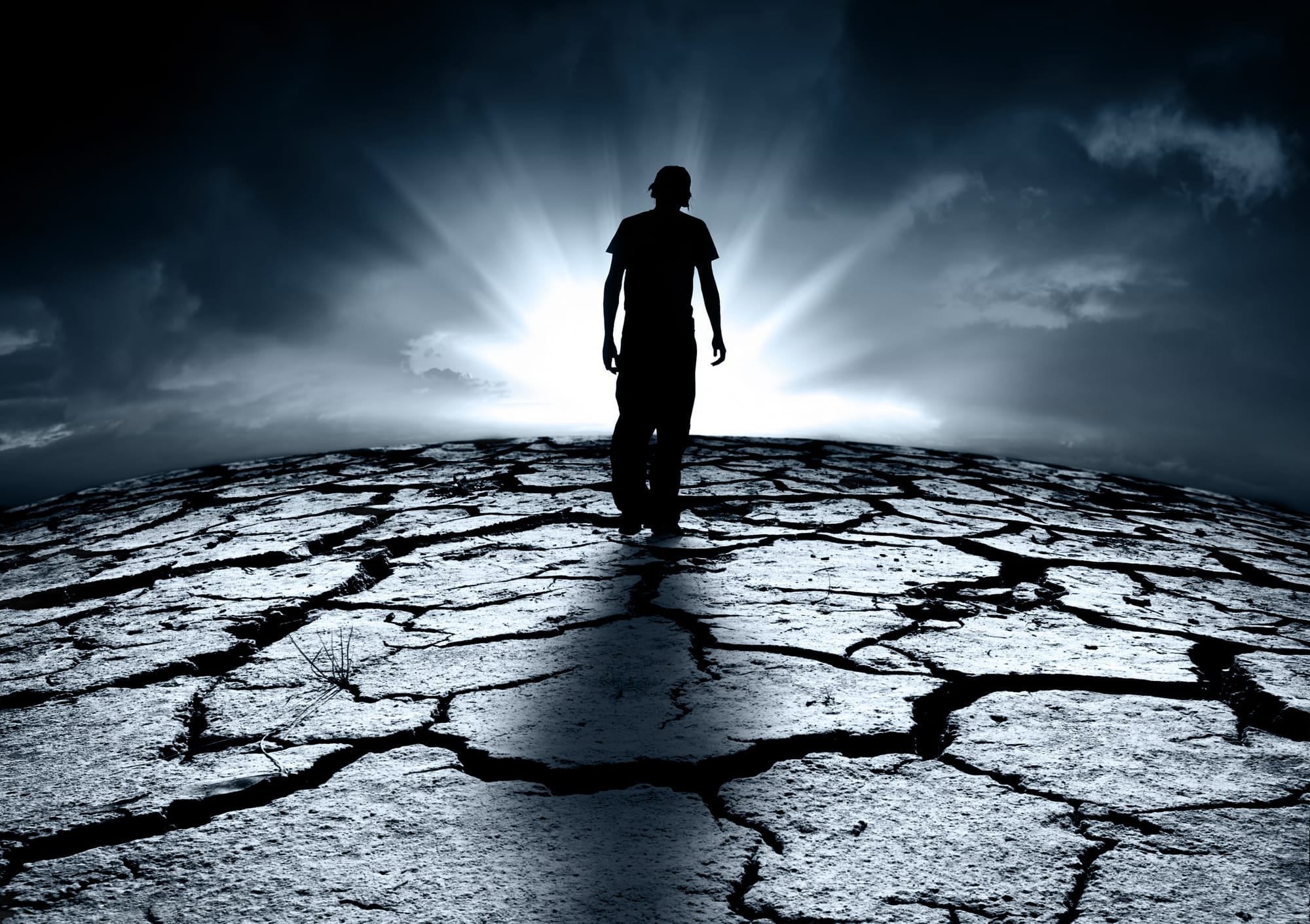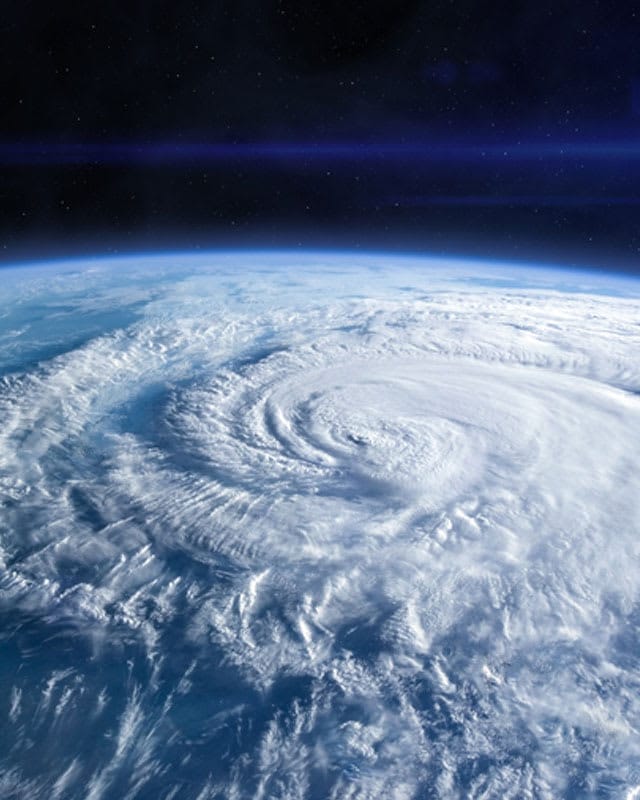
Whether it’s impacts from deteriorating air quality, the spread of disease from rising temperatures and humidity, down to the psychological impacts of losing homes and forced migration, climate change is proving to be not just an environmental crisis, but a human health problem, too.
And, with the increasing frequency of heatwaves, flooding, droughts, and severe weather events, the need to address the impact on humans is also increasing.
Climate change supercharging ‘Milton’-style hurricanes
The evidence is clear – without a concerted effort to mitigate climate change, the world will continue to face catastrophic weather events that threaten lives and ecosystems.

Rising temperatures and air pollution are, for instance, detrimental to our lungs, hearts, and brains. Vulnerable groups such as the elderly and infants are particularly affected during heatwaves, which can cause physiological changes in circulation and heart function.
In another example, flooding in southern New South Wales and northern Victoria led to increased mosquito breeding and changes in bird migration patterns, resulting in an outbreak of Japanese encephalitis.
The Indo-Pacific impact
In Makassar, annual flooding displaces thousands, destroys properties, and forces people into temporary shelters. This disrupts education, healthcare access and food supply, with contaminated farming areas exacerbating the situation.
Read more: RISE Indonesia: Revitalising informal settlements in Makassar
Pacific Islanders, too, face drastic health impacts from climate change. Cyclones and rising sea levels affect access to nutritious food by damaging croplands and affecting fish quality and soil. Mental health issues such as PTSD, adjustment disorders and depression are also prevalent due to the stress and cultural changes from displacement.
What’s being done now?
Efforts to mitigate climate change include reducing emissions. One way being explored is to use microbes to remove climate-active gases from the atmosphere, including reducing methane emissions from cattle, which can enhance both sustainability and productivity.
Innovative solutions such as green infrastructure are being designed to address environmental health issues in informal settlements. This involves treating household wastewater before releasing it into the environment, improving health in the Asia-Pacific region.
Communities in the Pacific are building resilience by reviving traditional practices, such as sustainable boatbuilding, setting up coral restoration sites, and restoring mangrove populations.
Read more: Climate and culture lessons from the Pacific Islands
Focus on health at COP29
Last year in Dubai, for the first time, a dedicated Health Day was held at the UN Climate Conference, underscoring the importance of the links between climate change and health outcomes.
Leaders from the World Health Organisation (WHO), the COP28 UAE Presidency, and countries from around the world came together to commit to action on five main topics:
- The health and economic benefits of climate mitigation
- Environmental sustainability and climate resilience for health systems
- Strengthening adaptation measures
- Integrating health into climate action, and
- Increased financing
COP29, set to be held in Baku, Azerbaijan in November 2024, will continue emphasising how climate-related health challenges, such as air pollution and extreme weather events, affect people globally, especially those most vulnerable.
Discussions at WHO’s Health Pavilion are expected to focus on how health and climate policies can be better integrated, to reduce climate-related health risks such as the spread of infectious diseases, food insecurity, reduced access to safe water and sanitation, and extreme heat impacts.
The WHO estimates that for every dollar invested in health-oriented climate actions, societies gain about $US4 in health benefits, including reduced mortality from pollution and heat-related illnesses.
Climate policy is increasingly, and appropriately, being framed as critical to people’s health. The collaboration between WHO, UNFCCC COP, and other stakeholders emphasises the importance of building and strengthening evidence-based policy advocacy at the intersection of climate and health.
Monash is pioneering a path to a greener, smarter, more equitable and sustainable future, where emissions are lower, and the natural environment and humans thrive. We look forward to participating at COP29, where we aim to accelerate global action on sustainability, empowering diverse voices from across the Indo-Pacific and influencing superior policy outcomes across a broad range of issues. Find out more monash.edu/cop29





